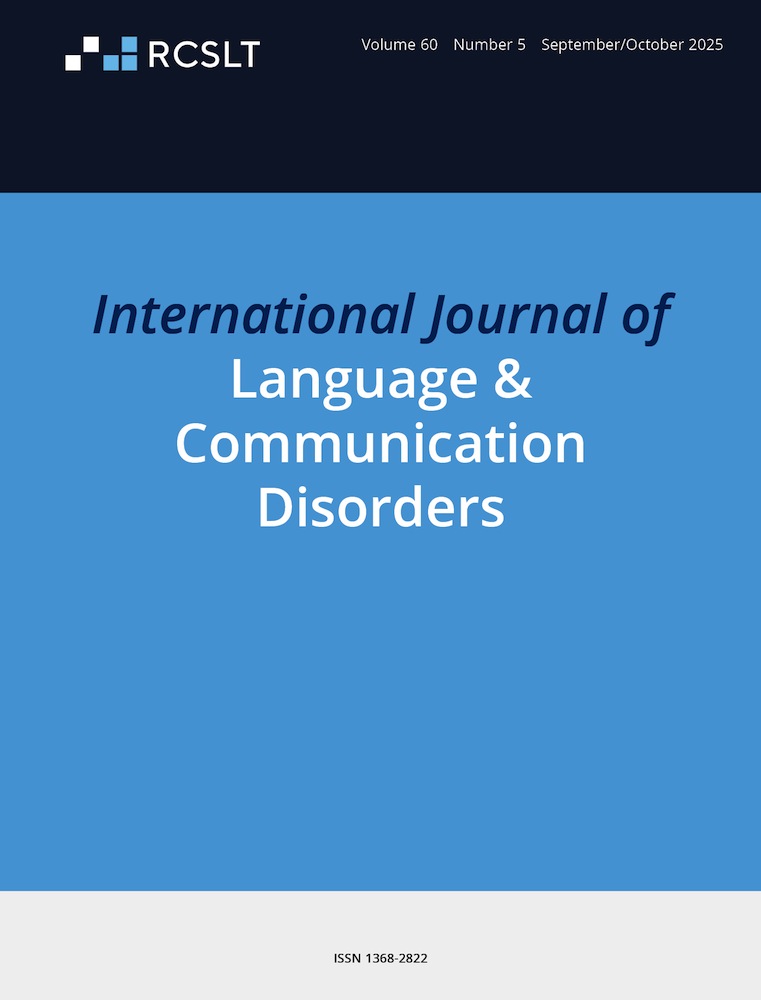Drawing Together: Evaluation Of A Therapy Programme For Severe Aphasia
Abstract
This paper reports a therapy study that aims to promote communicative drawing in a group of seven people with severe and long-standing aphasia. Therapy was conducted on individual and group bases over 12 weeks and entailed a range of techniques which are described in some detail. Treatment was evaluated using a novel generative drawing assessment in which subjects were required to draw absent items in response to photographic and conversational cues. Preand post-therapy assessments of untreated skills, such as comprehension, naming and gesture, were also conducted. The results indicated that, as a group, the subjects' drawing improved. Unchanged performance on the other assessments indicated that the gains were specific to the content of therapy and could not be attributed to spontaneous recovery. Pre- and post-therapy interviews with carers (i.e. relatives and close friends of the individuals) suggested that the effects of therapy were also being felt in the home. These results have important implications for therapy with people with severe aphasia.




